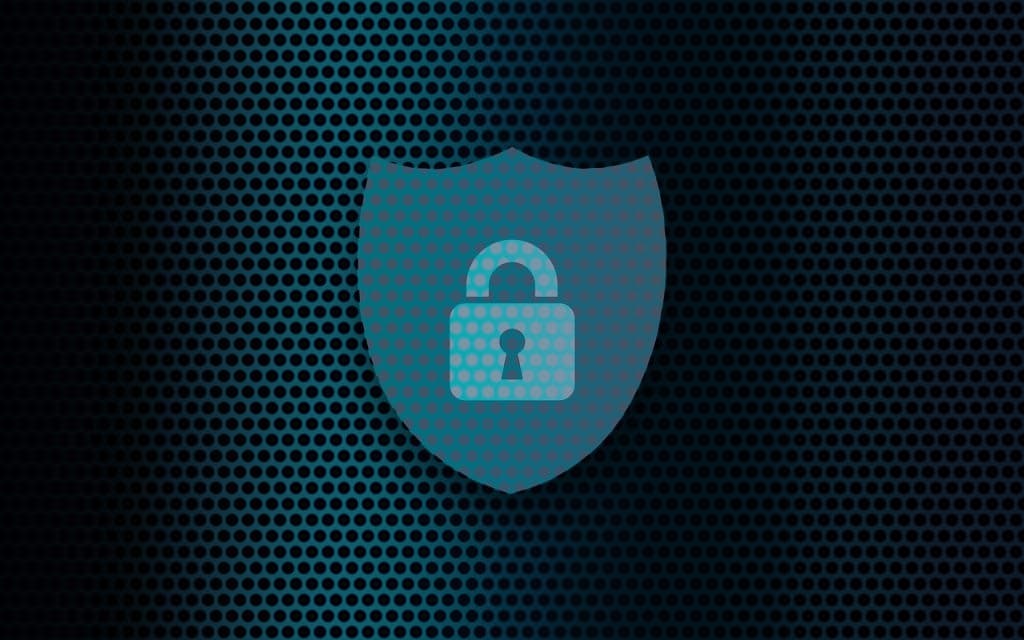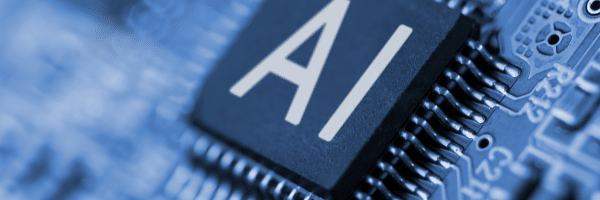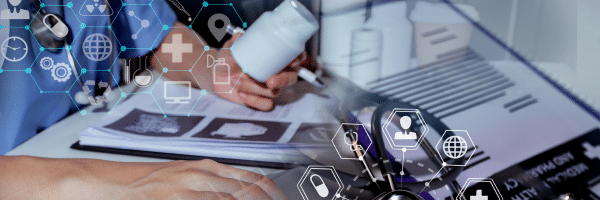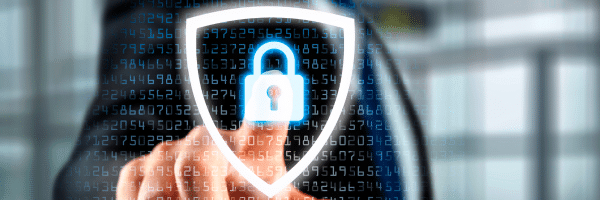
As technology continues to advance, so does the need for heightened awareness and proactive measures to safeguard sensitive information.
Cyber security can seem like an insurmountable task, but everyone can play a part in keeping their organisation’s data safe.
October is Cyber Security Awareness Month. It serves as a timely reminder that there are many ways to safeguard data. Following the basics can make a big difference in how secure your network remains.
What Is Cybersecurity Awareness Month?
Cyber Security Awareness Month (CAM) is an annual initiative held every October, promoting cyber security awareness and education. It aims to empower individuals and organisations by giving them the knowledge and resources to strengthen their defences against cyber threats.
CAM started as a U.S. initiative, National Cybersecurity Awareness Month. Then, it quickly spread around the globe, led by two agencies:
- National Cyber Security Alliance (NCSA)
- Cybersecurity and Infrastructure Security Agency (CISA)
This collaborative effort involves various stakeholders – government agencies, industry leaders, and cyber security experts all come together with the goal of raising awareness about cyber risks and best practices.
This Year’s Theme
This year’s theme is ‘Be cyber wise – don’t compromise‘. There are four key best practices of cyber security:
- Enabling multi-factor authentication
- Using strong passwords and a password manager
- Updating software
- Backing up your important files
Let’s take a closer look at these four best practices of good cyber hygiene.
Essential Cyber Hygiene: 4 Keys to a Strong Defence
Central to Cyber Security Awareness Month is the promotion of essential cyber hygiene practices.
Cyber security requires ongoing good hygiene practices to secure the online environment. These practices form the foundation of a strong cyber security defence.
Enabling Multi-Factor Authentication (MFA)
Implementing Multi-Factor Authentication (MFA) adds a vital layer of security to all logins. In most cases, a hacker can’t breach an account protected by MFA. This is the case even if the cyber crook has the password.
According to Microsoft, MFA can block 99.9% of attempted account compromise attacks. With that strong track record, MFA is a critical cyber security practice to implement.
Strong Passwords & a Password Manager
Passwords remain a critical aspect of securing online accounts. Despite the increased use of biometrics, passwords still rule. Encourage your team members to use strong, unique passwords for each account – avoid easily guessable information like birthdays or names.
Companies can help by setting strong password enforcement rules. This requires a strong password before it’s accepted in a system. For example, you may set up a policy that requires a password to have:
- At least 12 characters
- At least 1 upper case letter
- At least 1 lower case letter
- At least 1 number
- At least 1 symbol
Updating Software
Outdated software creates vulnerabilities that cyber criminals can exploit. Regularly update operating systems, applications, and firmware ensures the latest security patches are in place.
Automating updates is a good way to ensure they’re done promptly. Companies can use endpoint device managers to handle updates across all employee devices.
Our team can help ensure your software is kept up to date through our managed solutions.
Backing Up Your Files
In an age where digital threats and data breaches are increasingly prevalent, having a secure and up-to-date backup of your critical files is your ultimate safety net. It ensures that even if your data is compromised, whether through ransomware attacks, hardware failures, or accidental deletions, you can quickly recover your valuable information without succumbing to extortion or suffering irreplaceable losses.
Regularly backing up your files not only safeguards your personal and business data but also provides peace of mind, enabling you to navigate the digital landscape with confidence and resilience in the face of potential cyber threats.
We Can Help You Put the Best Cyber Hygiene Practices in Place
Cyber Security Awareness Month offers a valuable opportunity to refocus on the significance of cyber security and prioritise essential cyber hygiene practices. Building a culture of cyber security awareness within your team is important – it can be the difference between vulnerability and resilience.
Need some help ensuring a more secure and resilient future? Our team of experts can get you up to speed! Contact us today to schedule a chat.







